Menu
Hot-Topics
February 19, 2026 | SCOTUS Reaffirms Fourth Amendment Standard for Police Responding to Household Emergencies
Category: Supreme Court Decisions
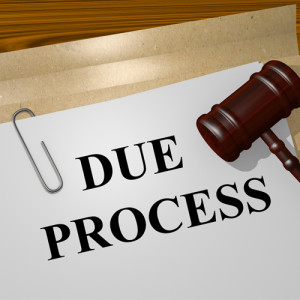
Kerry v. Din: Visa Denials and Due Process
In Kerry v. Din, 135 S.Ct. 2128 (2015), the U.S. Supreme Court held that the federal government did not violate the Due Process rights of the petitioner when it denied her husband’s visa based on his alleged engagement in terrorist activities, with...
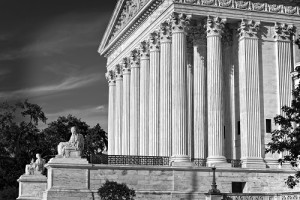
Week in Review: Court Considers Potential Landmark Cases
The U.S. Supreme Court heard oral arguments in five cases last week. Several of the decisions have the potential to be blockbusters, with high-profile Constitutional issues at stake. Below is a brief summary of these potential landmark cases: ...

M&G Polymers USA v. Tackett: Retiree Health Benefits Aren’t Presumed to Vest for Life
In M&G Polymers USA v. Tackett, 135 S.Ct. 926 (2015), the U.S. Supreme Court held that lower courts should apply traditional contract principles to determine whether retiree health benefits survive the expiration of a collective bargaining agreem...
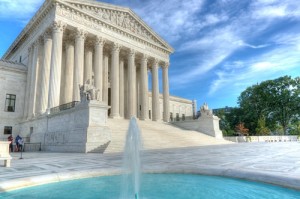
Week in Review & OBB Personenverkehr AG v. Sachs
Last week, the U.S. Supreme Court issued its first decision of the term. In OBB Personenverkehr AG v. Sachs, (2015), the Court unanimously held that the doctrine of sovereign immunity barred a California woman’s lawsuit against the Austrian nationa...

Teva Pharmaceuticals USA, Inc. v. Sandoz, Inc.
In Teva Pharmaceuticals USA, Inc. v. Sandoz, Inc. 574 U.S. __ (2015), the U.S. Supreme Court addressed the legal standard that the Federal Circuit Court of Appeals must apply when considering the construction of a patent claim. By a vote of 7-2, the ...
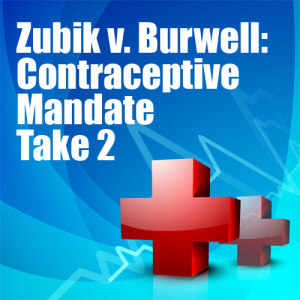
Zubik v. Burwell: Contraceptive Mandate Take 2
The U.S. Supreme Court recently granted certiorari in Zubik v. Burwell, in which the justices will again consider the lawfulness of the Affordable Care Act’s (ACA) contraceptive mandate. The issue before the Court in Zubik v. Burwell thi...
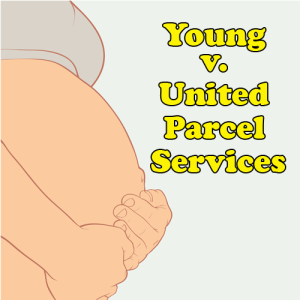
Young v. United Parcel Service: Establishing Pregnancy Discrimination
Establishing Pregnancy Discrimination In Young v. United Parcel Service, Inc. 575 U.S. __ (2015); 135 S.Ct. 1338 (2015), the U.S. Supreme Court addressed what types of accommodations employers must make for pregnant workers. The employee-friendly de...

Whole Woman’s Health v. Cole: First Significant Abortion Case in Seven Years
Examining abortion in Whole Woman's Health v. Cole The U.S. Supreme Court granted certiorari this month in Whole Woman’s Health v. Cole. The case, which revolves around the constitutionality of abortion restrictions imposed by the State of...
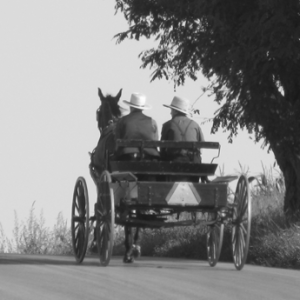
Wisconsin v. Yoder: Compulsory Education Violates First Amendment
In Wisconsin v. Yoder, 406 U.S. 205 (1972), the U.S. Supreme Court held that a Wisconsin law mandating that children attend school violated the First Amendment. In the landmark decision, the unanimous Court held that the parents’ Freedom of Religio...
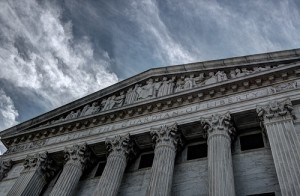
Week in Review: Court Considers Four Cases
The U.S. Supreme Court ended the week last week granting certiorari in Whole Woman’s Health v. Cole, their first case involving abortion since 2007. In addition, they heard argument on the following cases, summarized below: Green v. Bren...
Previous Articles
SCOTUS Decision in Bowe v. United States Is First of the 2026 Term
by DONALD SCARINCI on February 5, 2026
In Bowe v. United States, 607 U.S. ___ (2026), the U.S. Supreme Court held that Title 28 U.S.C. § ...
SCOTUS Rules State Can’t Immunize Parties from Federal Civil Liability
by DONALD SCARINCI on January 29, 2026
In John Doe v. Dynamic Physical Therapy, LLC, 607 U.S. ____ (2025) the U.S. Supreme Court held that...
Supreme Court to Address Racial Discrimination in Jury Selection
by DONALD SCARINCI onWhile the U.S. Supreme Court has concluded oral arguments for the year, it continues to add cases t...
The Amendments
-
Amendment1
- Establishment ClauseFree Exercise Clause
- Freedom of Speech
- Freedoms of Press
- Freedom of Assembly, and Petitition
-
Amendment2
- The Right to Bear Arms
-
Amendment4
- Unreasonable Searches and Seizures
-
Amendment5
- Due Process
- Eminent Domain
- Rights of Criminal Defendants
Preamble to the Bill of Rights
Congress of the United States begun and held at the City of New-York, on Wednesday the fourth of March, one thousand seven hundred and eighty nine.
THE Conventions of a number of the States, having at the time of their adopting the Constitution, expressed a desire, in order to prevent misconstruction or abuse of its powers, that further declaratory and restrictive clauses should be added: And as extending the ground of public confidence in the Government, will best ensure the beneficent ends of its institution.
Awards





